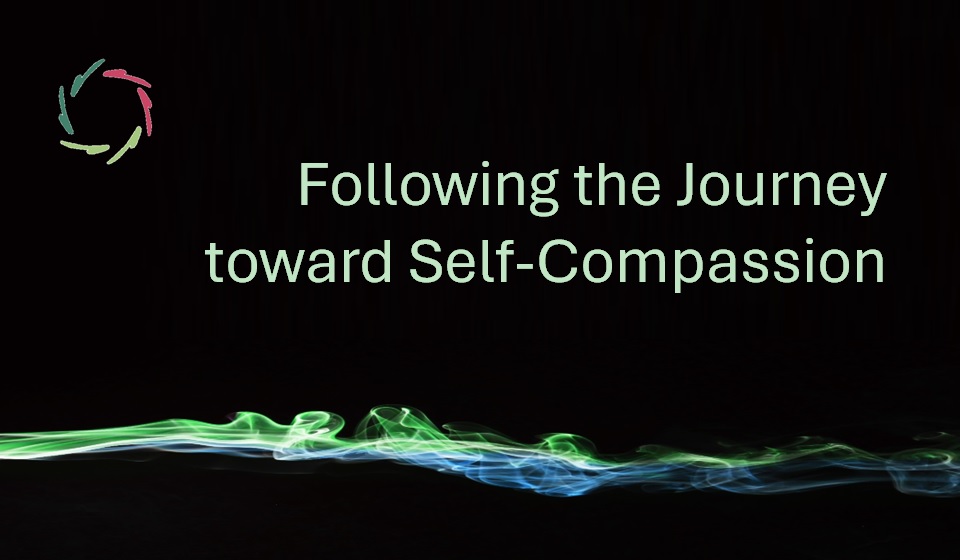Following the Journey toward Self-Compassion

Lisa uses a comprehensive view of a user’s journey towards self-Compassion and Inner Growth. This progress can be non-linear and varies significantly between individuals. Nevertheless, it can be done to a significant degree.
On top of gauging the user’s travels on this path, this is also interesting for monitoring Lisa’s progress as a Compassionate A.I. coach. Thus, it’s also an instrument that Lisa can use in self-learning.
This involves observing several key features and changes in the user.
These indicators reflect not only the alleviation of suffering but also the development of a deeper, more Compassionate relationship with oneself.
Below are some features that can be used to follow the progress towards self-Compassionate relief from suffering and enhancing inner growth during a coaching trajectory. Of course, in practice, it’s always different.
Increased self-awareness
This is often marked by a heightened awareness of one’s thoughts, feelings, and behaviors. Users may start recognizing their patterns of self-criticism or negative self-talk and begin questioning or altering these habits.
Shifts in self-narrative
This may lead to changes in how users speak about themselves, moving from harsh or critical self-assessments towards more understanding and kind language. A more compassionate self-narrative is a strong indicator of inner growth.
Improved emotional regulation
As users develop self-compassion, they often experience better control over their emotions. This can lead to a decreased reactivity to negatively emotional triggers and an increased ability to soothe themselves when distressed.
Enhanced Self-Acceptance
This can show in users’ acceptance of their imperfections and limitations. This includes embracing one’s vulnerabilities without judgment and recognizing one’s common humanity.
Decrease in self-criticism
A reduction in self-critical thoughts and an increase in self-encouraging, supportive internal dialogue are significant markers of moving towards self-Compassion.
Increased mindfulness
Users become more present and mindful, showing an ability to observe their experiences without immediately reacting or becoming overwhelmed by them.
Growth in self-Compassionate actions
Self-compassion involves not just internal changes but also external actions. This shows in a user’s taking steps to care for himself better, setting healthy boundaries, and engaging in activities that nurture one’s well-being.
Resilience to setbacks
Users on the path to self-Compassion develop a more resilient outlook, viewing setbacks and challenges as opportunities for growth rather than insurmountable obstacles.
Deepening relationships
Enhancing inner growth and self-Compassion often leads to deeper, more meaningful relationships with others, marked by empathy, understanding, and openness.
Expressing needs and desires
Progress may be seen in a user’s expressing his needs and desires more openly and assertively, stemming from a belief in his worth and the legitimacy of his needs.
Monitoring these features
Note that these are only the abstract notions of a self-Compassionate journey. It’s essential for the user as well as for Lisa (no problem) to approach this process with patience and understanding, recognizing that people are people, not machines.
The relief of suffering is not the goal; the Compassionate diminishment is. This goes together with inner growth to the extent that the user is ready for this.
Let’s make it so.


